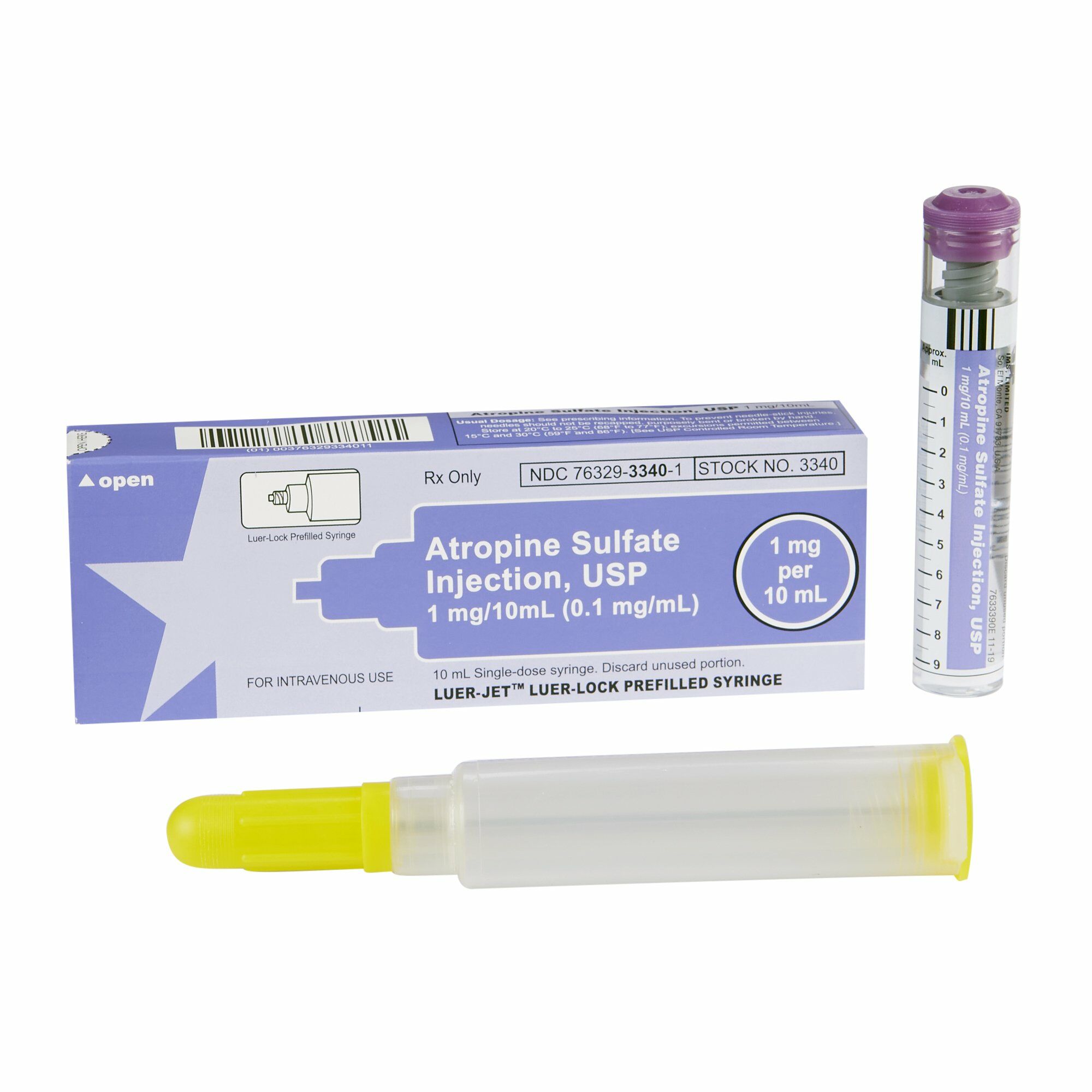
Subscribe To Newsletter
Subscribe to the SLI Medical mailing list to receive updates on new arrivals, special offers and our promotions.
Atropine Sulfate Injection stands as a cornerstone in emergency medicine, renowned for its pivotal role in addressing critical conditions such as bradycardia, organophosphate poisoning, and certain types of anesthesia. Its profound ability to augment heart rate and dilate airways makes it indispensable in urgently managing life-threatening situations.
Reasons for Shortage:
The shortage of Atropine Sulfate Injection is multifaceted, stemming primarily from manufacturing delays and amplified global demand for essential critical care medications. These manufacturing delays have been exacerbated by challenges in raw material procurement, intricately intertwining with logistical hurdles in the supply chain. As a result, healthcare facilities confront inadequacies in stock levels, further intensifying the strain on patient care resources.
Impact:
The scarcity of Atropine Sulfate Injection reverberates across healthcare landscapes, casting shadows of uncertainty for both patients and healthcare providers. Emergency departments and intensive care units are confronted with the formidable task of managing patients with bradycardia and other life-threatening conditions amidst diminished supplies. The repercussions of delayed treatment loom ominously, underscoring the imperative for swift resolution. Moreover, the reliance on alternative treatments, albeit less effective or readily accessible, poses intricate challenges, potentially prolonging hospital stays and compromising patient outcomes.
Efforts to Mitigate Shortage:
In response to the pressing shortage, concerted efforts are underway within the healthcare ecosystem to rectify the imbalance in Atropine Sulfate Injection availability. Pharmaceutical entities are mobilizing resources to expedite production and navigate regulatory pathways to establish additional manufacturing facilities. Collaborative ventures with regulatory agencies seek to streamline approval processes, fostering an environment conducive to rapid scale-up. Concurrently, healthcare providers are engaging in prudent medication stewardship practices, optimizing resource allocation, and exploring alternative treatment modalities to circumvent supply constraints.
SLI Medical's Role in Mitigation:
Notably, SLI Medical has emerged as a key player in alleviating the strain on medical resources, particularly for smaller healthcare facilities lacking the purchasing power of larger hospital systems. Recognizing the disparities in allocation, SLI Medical has actively engaged with these entities, extending support and facilitating access to Atropine Sulfate Injection. Through tailored distribution strategies and collaborative partnerships, SLI Medical endeavors to ensure equitable access to vital medications, fortifying the resilience of healthcare delivery systems nationwide.

